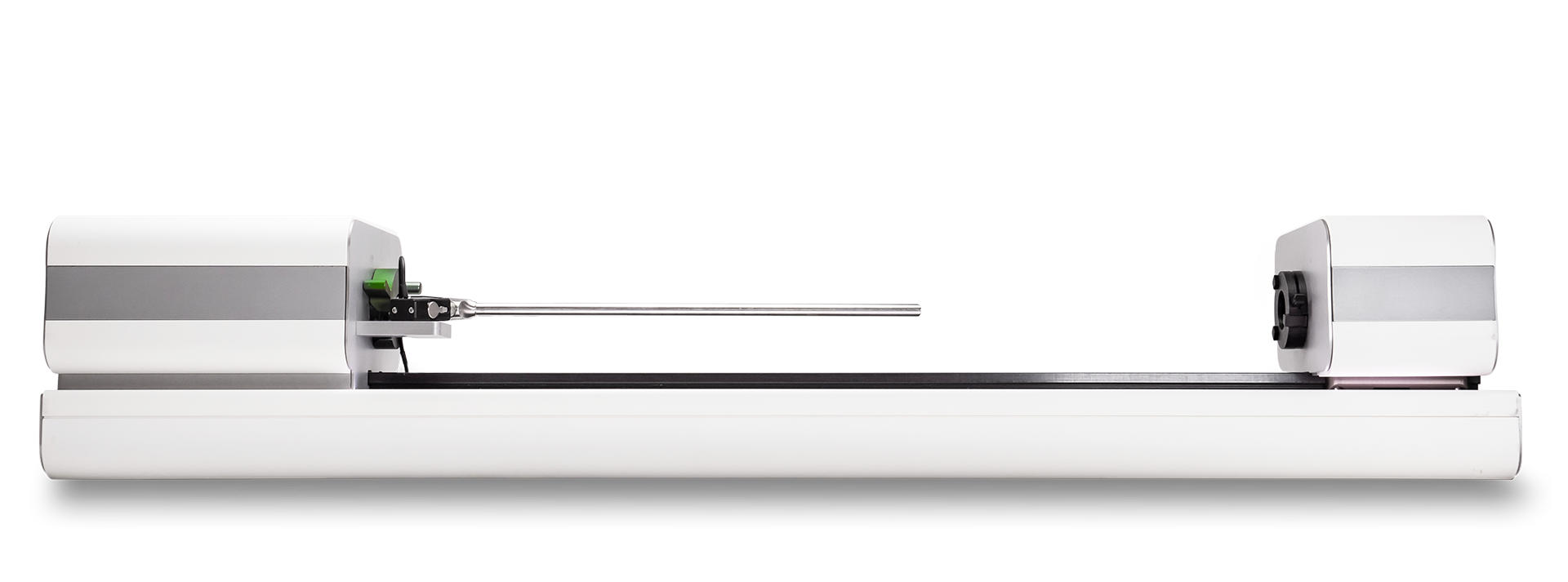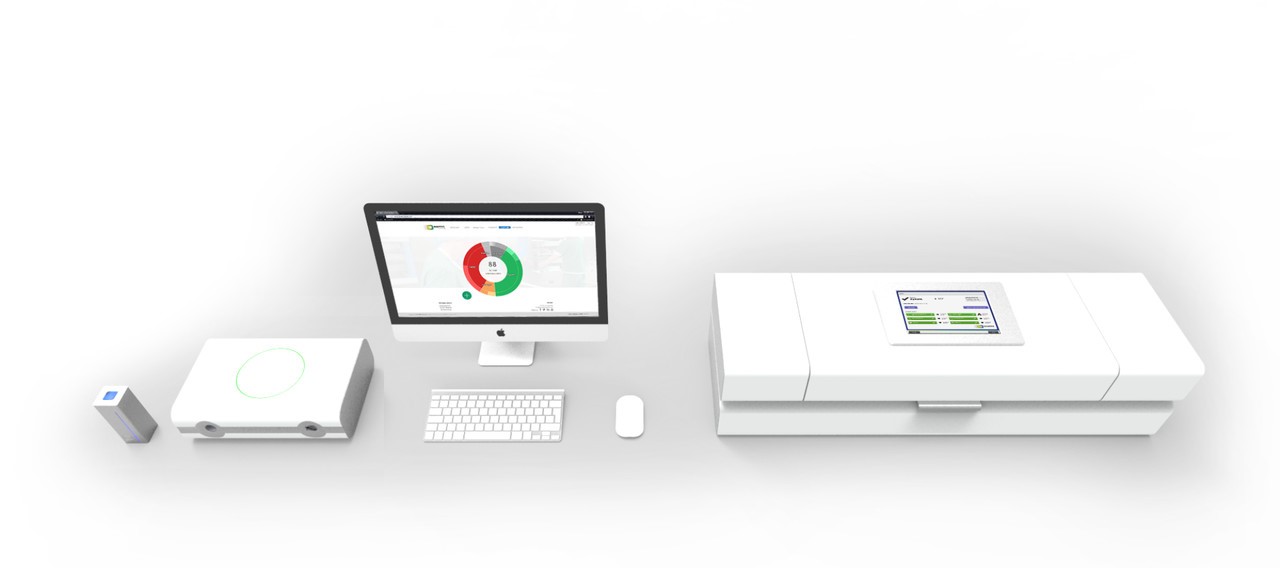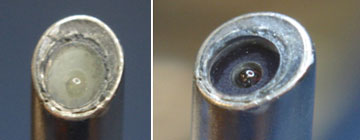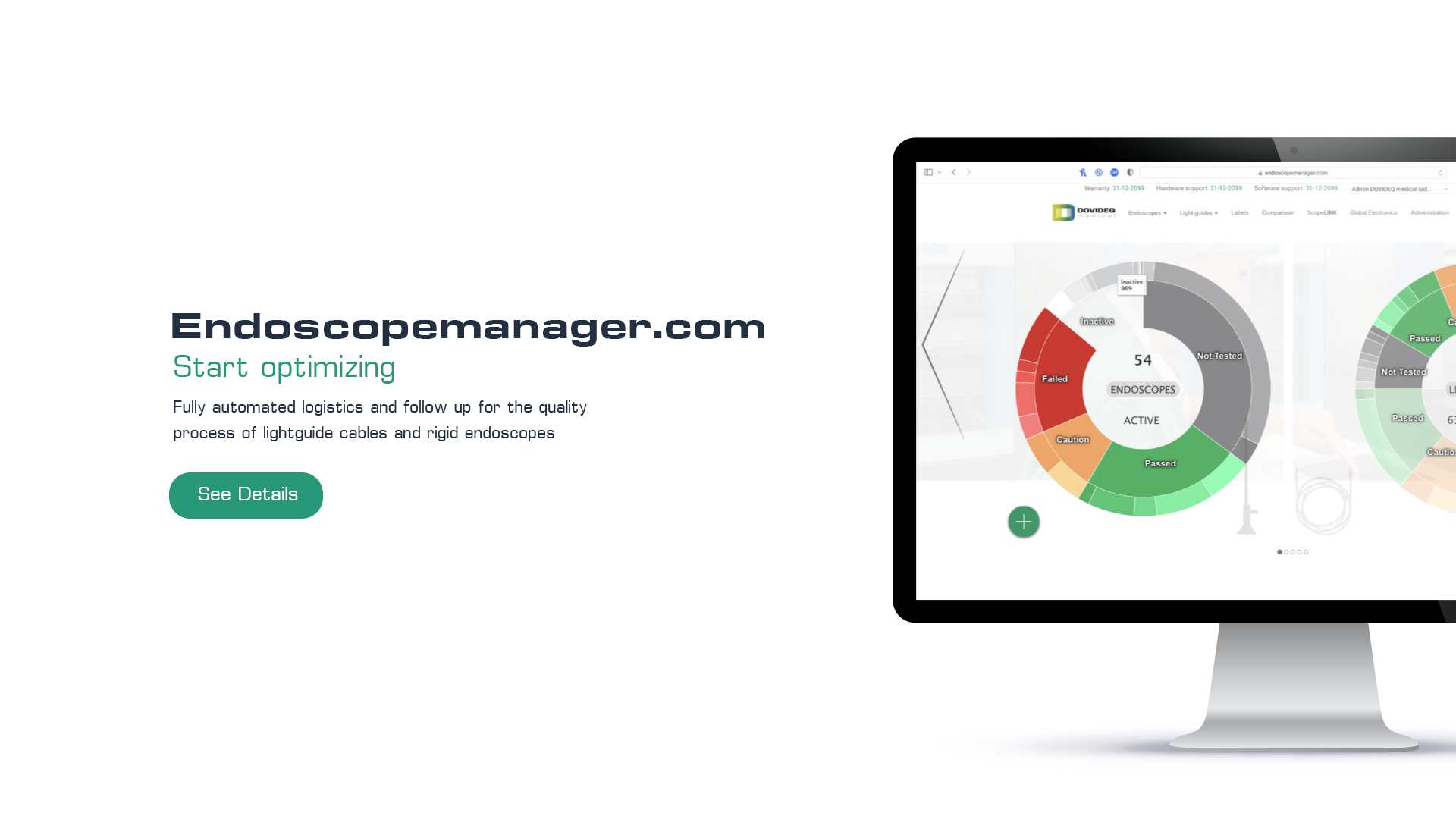Endoscopes are crucial tools in modern medicine, allowing doctors to perform a wide range of procedures inside the body without invasive surgery. However, if endoscopes are not maintained properly, they can harbor harmful pathogens, putting patients at risk of infection and providing your surgeon with sub par visibility. Automated testing can play a vital role in endoscope maintenance, helping hospitals ensure that these instruments are safe and functional for every use.

Endoscope maintenance involves a range of tasks, including cleaning, disinfection, and inspection. These tasks can be time-consuming and labor-intensive, making it difficult for CSSD staff to keep up with the high demand for endoscopes. Automated testing can help hospitals streamline this process, reducing the workload on staff and improving the overall quality of endoscope maintenance.
One of the most significant advantages of automated testing is that it can detect potential problems with endoscopes that might otherwise go unnoticed. For example, automated testing can detect leaks in the endoscope or defects in its components, such as the lens or light fibers. Identifying these issues early can help prevent costly repairs or replacements down the line, and also reduces the risk of patient harm.
Another advantage of automated testing is that it can provide a standardized approach to endoscope reprocessing and maintenance. Automated testing systems are designed to follow established protocols, ensuring that all endoscopes are inspected in the same way. This can help reduce the risk of human error and ensure that every endoscope is maintained to the same high standard.
Dovideq's EndoscopeManager provides hospitals with clear insights into their inventory, and ensures compliance to regulations.
Automated testing can also help hospitals comply with regulatory requirements. The Centers for Disease Control and Prevention (CDC) and other regulatory bodies have established guidelines for endoscope maintenance, and hospitals must demonstrate compliance to maintain accreditation. Automated testing systems can provide documentation and tracking of maintenance activities, making it easier for hospitals to prove compliance.
In conclusion, endoscope maintenance is critical to patient safety, and automated testing can play a vital role in ensuring that these instruments are safe and functional for every use. By streamlining the maintenance process, detecting potential problems early, providing a standardized approach, and facilitating compliance with regulatory requirements, automated testing can help hospitals provide high-quality care while minimizing risk to patients.






